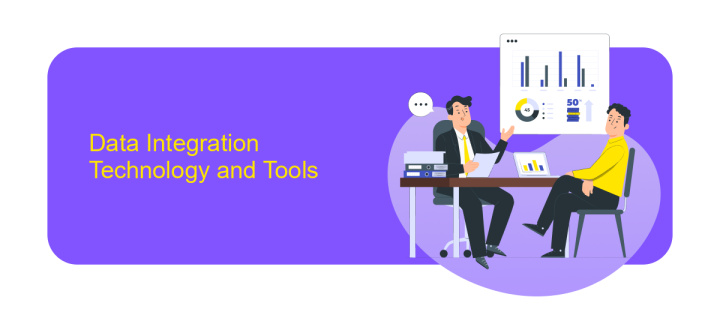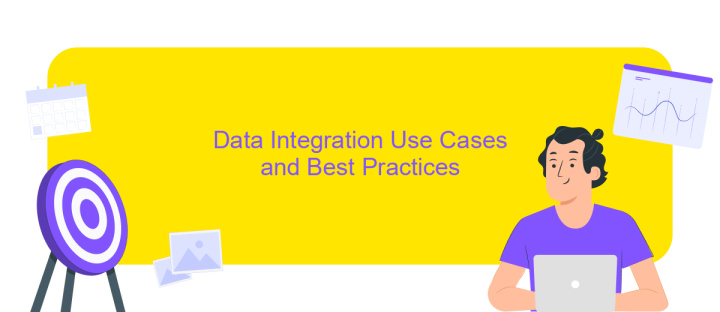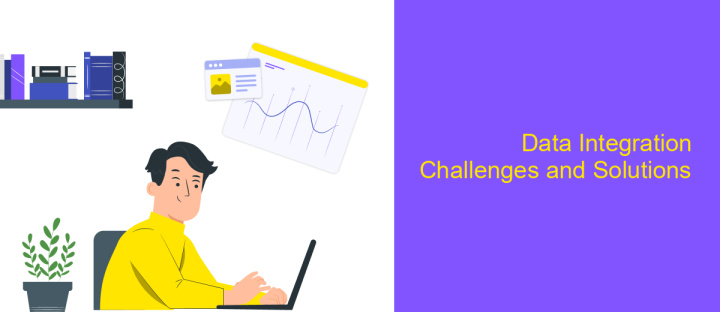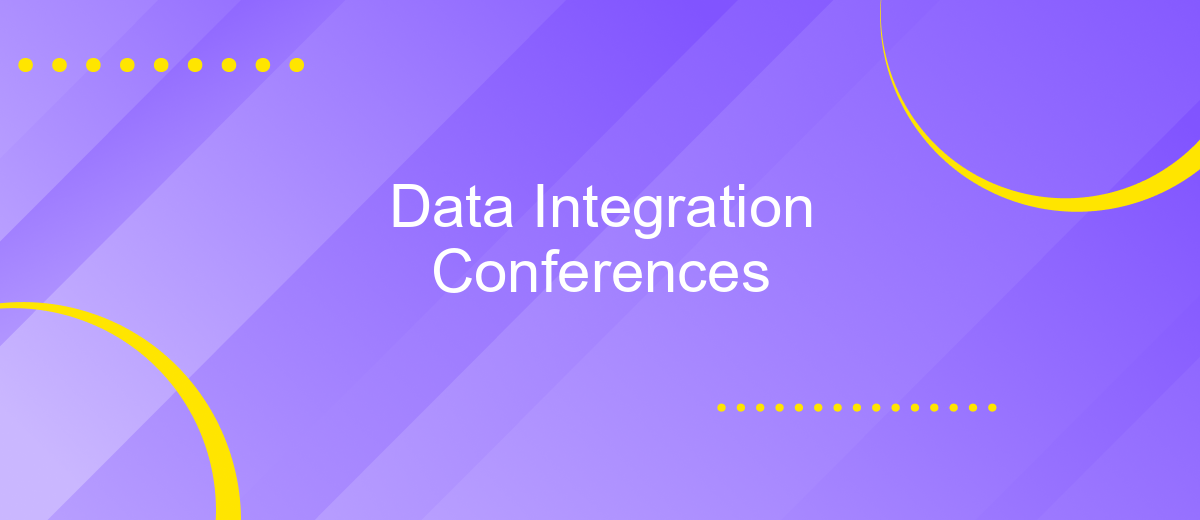Data Integration Conferences
Data integration conferences are pivotal events that bring together experts, innovators, and practitioners from the field of data management. These conferences provide a platform for discussing the latest trends, tools, and techniques in data integration, enabling organizations to streamline their processes and enhance data-driven decision-making. Attendees gain valuable insights, network with industry leaders, and explore cutting-edge solutions to complex data challenges.
Data Integration Landscape
The data integration landscape is rapidly evolving, driven by the increasing need for organizations to seamlessly manage and utilize vast amounts of data from diverse sources. As businesses strive to make data-driven decisions, the demand for robust data integration solutions has skyrocketed. This dynamic field encompasses various tools, platforms, and methodologies designed to ensure data consistency, quality, and accessibility.
- ETL (Extract, Transform, Load) Tools: These tools are essential for extracting data from different sources, transforming it into a usable format, and loading it into a target system.
- Data Warehousing Solutions: Centralized repositories that store integrated data from multiple sources, facilitating efficient querying and analysis.
- API Management Platforms: Enable seamless data exchange between applications through standardized interfaces, ensuring interoperability.
- Data Virtualization: Provides a unified view of data from disparate sources without physical consolidation, enhancing agility and flexibility.
- Master Data Management (MDM): Ensures consistency and accuracy of key business data across the organization.
With the proliferation of big data and the advent of advanced analytics, the importance of effective data integration cannot be overstated. Organizations must stay abreast of the latest trends and technologies in this field to maintain a competitive edge and drive innovation. The future of data integration promises even more sophisticated solutions, leveraging AI and machine learning to automate and optimize processes.
Data Integration Technology and Tools

Data integration technology has evolved significantly, offering a variety of tools to streamline the process of combining data from different sources. These technologies range from traditional ETL (Extract, Transform, Load) tools to modern cloud-based solutions. ETL tools like Informatica and Talend have been industry standards, providing robust capabilities for data extraction, transformation, and loading. On the other hand, cloud-based platforms like Google Cloud Dataflow and AWS Glue offer scalable and flexible solutions, enabling organizations to handle large volumes of data with ease.
Moreover, integration platforms such as ApiX-Drive simplify the setup of data integrations without the need for extensive coding. ApiX-Drive allows users to connect various applications and automate data flows between them, enhancing operational efficiency. This platform supports a wide range of integrations, making it a versatile tool for businesses aiming to streamline their data processes. By leveraging these technologies and tools, organizations can ensure seamless data integration, leading to more informed decision-making and improved business outcomes.
Data Integration Use Cases and Best Practices

Data integration is crucial for organizations aiming to consolidate information from diverse sources to gain actionable insights. It enables seamless data flow across systems, enhancing decision-making and operational efficiency. By understanding various use cases and adhering to best practices, companies can maximize the benefits of data integration.
- Customer 360 View: Integrating customer data from multiple touchpoints to create a comprehensive profile.
- Real-Time Analytics: Aggregating data from various sources in real-time for immediate analysis and reporting.
- Data Migration: Ensuring smooth transfer of data during system upgrades or mergers.
- Supply Chain Optimization: Combining data from suppliers, manufacturers, and logistics to streamline operations.
- Regulatory Compliance: Integrating data to ensure adherence to industry regulations and standards.
To achieve successful data integration, it is essential to follow best practices such as establishing data governance, ensuring data quality, using scalable integration tools, and maintaining robust security measures. Regular monitoring and updating of integration processes also help in adapting to evolving business needs and technological advancements.
Data Integration Challenges and Solutions

Data integration is a critical aspect of modern business operations, yet it comes with its own set of challenges. One of the primary issues is the inconsistency of data formats across different systems, which can lead to errors and inefficiencies. Additionally, the sheer volume of data from various sources can overwhelm existing infrastructure, making it difficult to manage and process information effectively.
Another challenge is ensuring data quality and accuracy. Inconsistent or incomplete data can result in poor decision-making and lost opportunities. Moreover, data security and privacy concerns are increasingly paramount, especially with the rise of stringent regulations like GDPR and CCPA. Integrating data from multiple sources while maintaining compliance can be a complex task.
- Implementing robust data governance frameworks
- Utilizing advanced data integration tools and platforms
- Ensuring data consistency through standardized formats
- Enhancing infrastructure to handle large data volumes
- Prioritizing data security and compliance measures
By addressing these challenges with strategic solutions, organizations can achieve seamless data integration. This not only improves operational efficiency but also provides valuable insights that drive informed decision-making and business growth.


The Future of Data Integration
The future of data integration is poised to be transformative, driven by advancements in artificial intelligence, machine learning, and automation. These technologies will enable seamless integration of diverse data sources, enhancing real-time data processing and decision-making. As organizations continue to adopt cloud-based solutions, the need for robust and scalable data integration platforms will become increasingly critical. This shift will empower businesses to harness the full potential of their data, driving innovation and competitive advantage.
Moreover, the evolution of integration services like ApiX-Drive will play a significant role in simplifying the integration process. ApiX-Drive offers an intuitive platform that allows users to connect various applications and automate workflows without extensive technical knowledge. This democratization of data integration tools will enable even small and medium-sized enterprises to leverage complex data ecosystems efficiently. As a result, we can expect a future where data integration is not just a technical necessity but a strategic enabler for organizations of all sizes.
FAQ
What is a Data Integration Conference?
Who should attend Data Integration Conferences?
What topics are typically covered at Data Integration Conferences?
How can I benefit from attending a Data Integration Conference?
Are there tools to help automate data integration processes discussed at these conferences?
Apix-Drive will help optimize business processes, save you from a lot of routine tasks and unnecessary costs for automation, attracting additional specialists. Try setting up a free test connection with ApiX-Drive and see for yourself. Now you have to think about where to invest the freed time and money!

